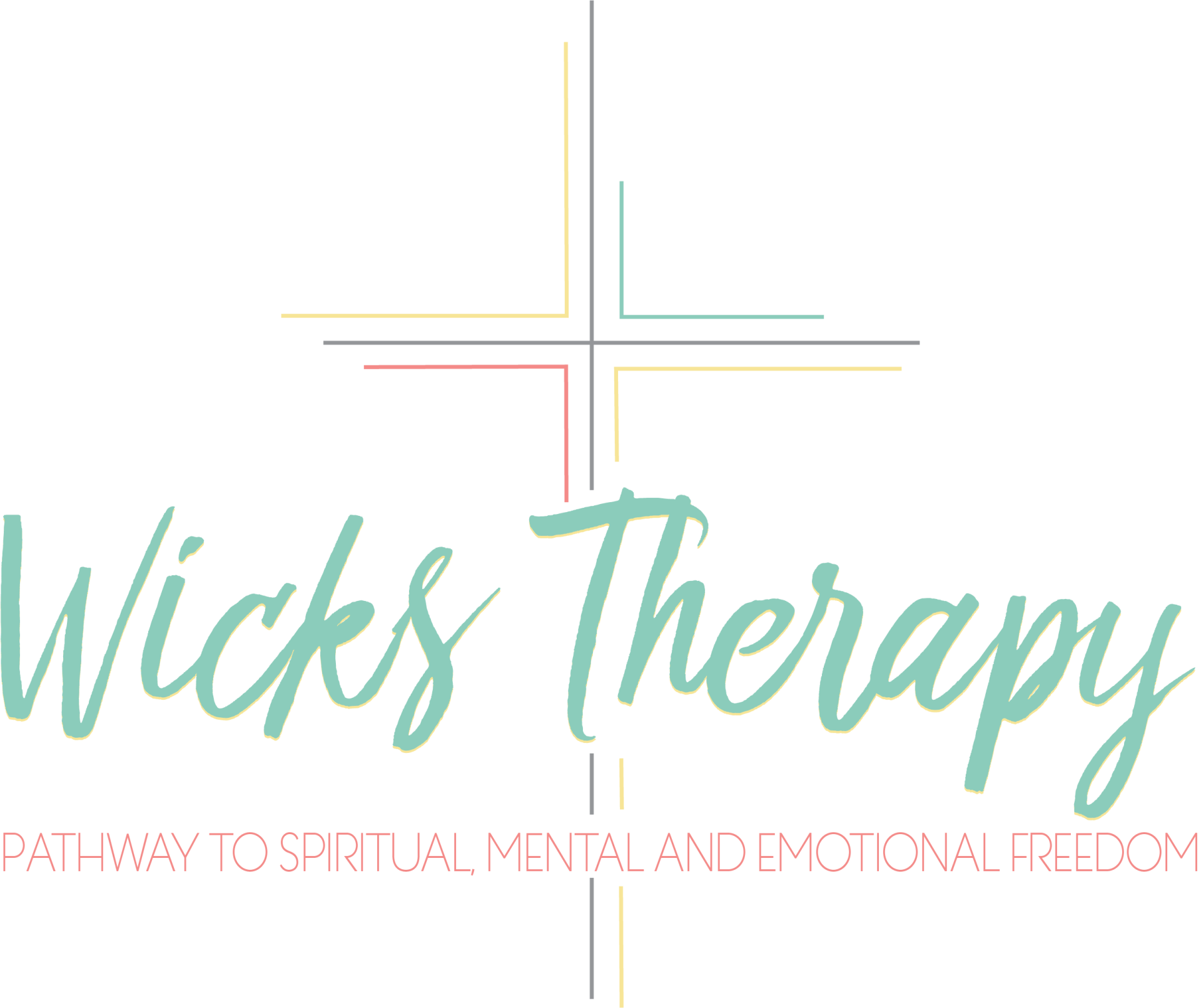Embracing Wellness: A Holistic Approach to Suicide Prevention
Understanding the Wellness Connection
Wellness goes beyond mere absence of illness. It involves active processes, choices, and lifestyle changes that lead to a state of holistic health. Here’s how wellness interacts with mental health to combat thoughts of suicide:
Physical Wellness: Regular physical activity, adequate sleep, and balanced nutrition are foundational to mental health. Physical activity, in particular, has been shown to decrease symptoms of depression and anxiety.
Emotional Wellness: Developing emotional wellness involves becoming aware of and accepting our feelings. Techniques such as mindfulness, meditation, and journaling can help manage emotional turmoil and reduce feelings of stress and anxiety.
Social Wellness: Connections with others provide support and a sense of belonging. Encouraging open conversations about mental health can reduce stigma and foster community support, crucial in times of crisis.
Intellectual Wellness: Engaging in creative and stimulating mental activities can help maintain a healthy mind. Learning new skills, reading, and engaging in debates can provide a sense of accomplishment and purpose.
Spiritual Wellness: For many, a sense of purpose comes from their spiritual practices. Whether it's through religion, meditation, or personal reflection, nurturing the spirit can be a powerful tool for peace and resilience.
Actionable Steps to Enhance Wellness
Here are some strategies everyone can adopt to improve their wellness:
Establish a Routine: Structure can bring a sense of stability and control, reducing chaos that can lead to stress and anxiety.
Stay Connected: Maintain relationships with friends and family. Social support is vital, especially for those struggling with mental health issues.
Seek Professional Help: Sometimes, professional help from counselors or therapists is necessary to deal with mental health struggles effectively.
Promote Open Dialogues: Encourage conversations about mental health in your community or workplace. Awareness and education are key in changing perceptions and reducing stigma.
Prioritize Self-care: Self-care isn't selfish. It’s essential for maintaining both mental and physical health.
In a world where the pressures of everyday life can feel overwhelming, prioritizing wellness has never been more crucial. Wellness isn't just about physical health; it encompasses mental, emotional, and spiritual well-being. By understanding and nurturing these aspects, we can take significant strides in suicide prevention.









